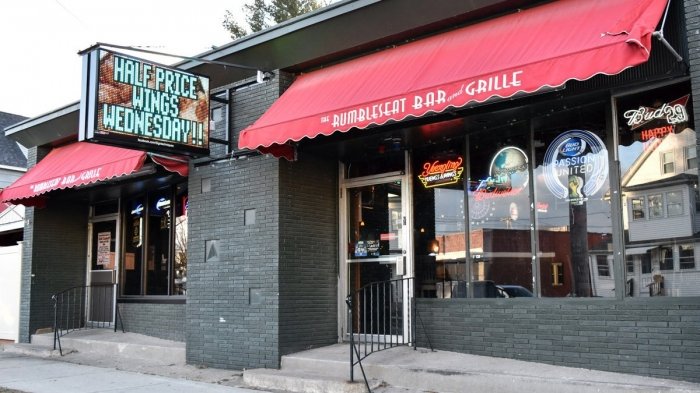T
he Massachusetts Joint Committee on Economic Development and Emerging Technologies held a special 6-hour session, on Thursday, to hear sports betting testimony from lawmakers, industry experts, casino representatives, and front-office leaders of Massachusetts professional sports franchises.
Plainville Select Board Chair Brian Kelly, whose town borders Rhode Island stated: “This is something that’s already happening in our state illegally or it’s something that residents of our state are just going just over the border and taking care of and are participating in. And it’s nothing but a loss to our communities and our state in terms of revenue and job opportunities.”
The majority of the testimony heard during Thursday’s committee was in support of sports betting in one form or another, though not all supporters agreed on the fine details of their preferred bills.
The issue of racial equity in sports betting came up when Sen. Adam Gomez and Rep. Orlando Ramos pitched their bill, which would allow bars, restaurants, and establishments to offer sports betting to their customers via kiosks managed by licensed operators, according to NBC Boston.
Rep. Orlando Ramos highlighted: “There are no Black- and brown-owned casinos in the commonwealth. That tells us that we have to be intentional in allowing Black and brown businesses a fair opportunity to benefit from this new multi-billion dollar industry. Our bill allows for bars and restaurants to offer in-person betting. If we do not allow this provision into the final bill, it would monopolize sports betting to casinos and online apps, none of which, to my knowledge, are owned by Black and brown owners.”
“It’s either going to hurt us or help us; there’s no ambiguity there. If they don’t include the restaurants and the brick-and-mortar licensing, they’re going to hurt every single business that’s already been hurt by COVID,” Bill Stetson, the owner of a sports bar, Rumbleseat Bar & Grille, declared to Western Mass news.
“Even if we’re tethered to MGM or DraftKings, we understand that we’re gonna have to partner up with one of those guys, but we just want to have an outlet,” Stetson explained.
The Economic Development Committee is likely to assemble its own omnibus sports betting bill drawing aspects from the various different proposals, members said Thursday.
The bills differ when it comes to details like the tax rate, licensing fees, and the number of possible betting licenses, but nearly all of the bills filed in Massachusetts would put sports betting under the auspices of the Massachusetts Gaming Commission, require bettors to be at least 21 years old and be physically present in Massachusetts, allow both in-person and mobile betting, and would include consumer safeguards to protect against problem gambling.
The gaming commission remains neutral in the sports betting debate, but Executive Director Karen Wells told the committee Thursday that the commission is doing what it can now to prepare for the possibility that it is charged with regulating sports betting and to get ready to make betting a reality if or when it is legalized.



